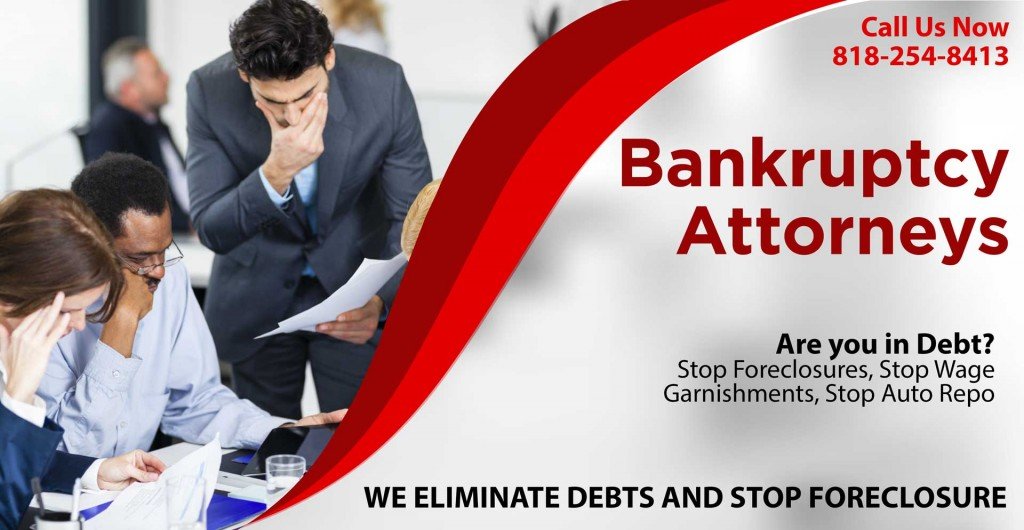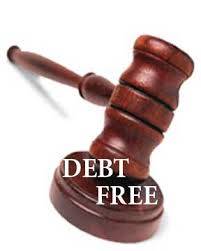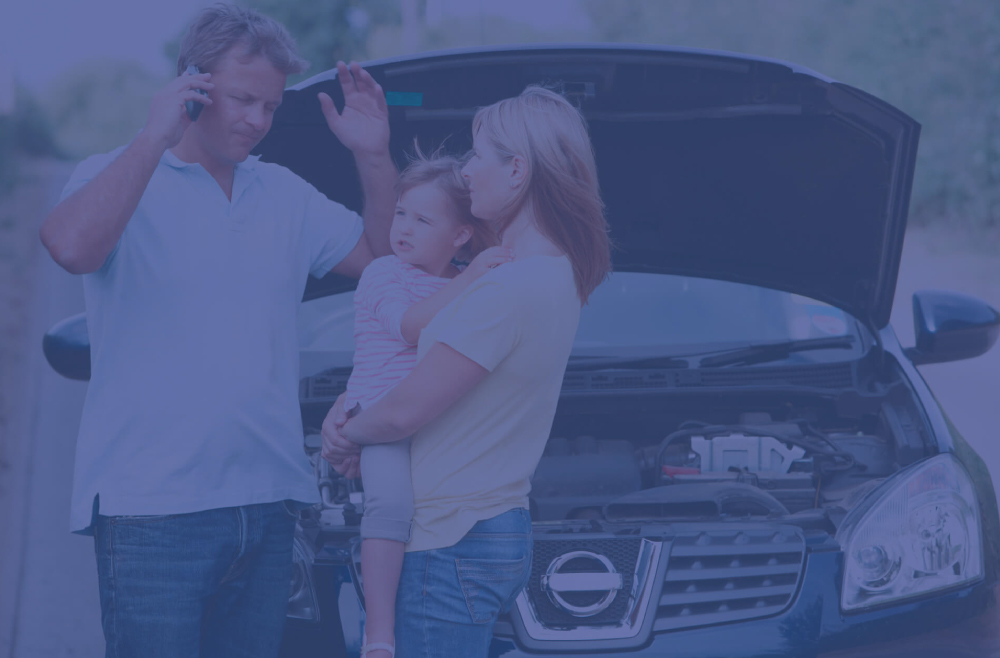
A Los Angeles bankruptcy attorney at Consumer Action Law Group explained how chapter 13 bankruptcy stop foreclosure and eliminate debt.
 Los Angeles, CA November 18, 2015 — It is still a common occurrence in California for lenders to foreclose when borrowers fall behind on mortgage payments. Many California homeowners are having trouble keeping up with mortgage payments and with credit card debts. In the event of a sudden illness or job loss, many people have no savings and fall behind on mortgage payments.
Los Angeles, CA November 18, 2015 — It is still a common occurrence in California for lenders to foreclose when borrowers fall behind on mortgage payments. Many California homeowners are having trouble keeping up with mortgage payments and with credit card debts. In the event of a sudden illness or job loss, many people have no savings and fall behind on mortgage payments.
File chapter 13 bankruptcy is a way to reorganize debt and stop foreclosure. Many homeowners file chapter 13 when foreclosure auctions are scheduled, as a way to stop the foreclosure and receive the full benefit of eliminating credit cards, medical bills, and personal loans. Bankruptcy can eliminate unsecured debt, which is the type of debt that is not attached to collateral such as the home or a car.
There are many benefits to filing bankruptcy. There is an automatic stay that happens at the time of filing which immediately stops foreclosure and all debt collection efforts. In addition to stopping foreclosure, bankruptcy wipes out debts, such as medical bills, IRS debts more than 3 years old, personal loans, and can be used to strip 2nd loans or 3rd loans on a home [HELOCs]. Bankruptcy also stops automobile repossessions, wage garnishment, and collection calls. Filing bankruptcy can also remove a judgment resulting from a collection of debt.
How to qualify for chapter 13 bankruptcy:
In order to file bankruptcy, there is a means test, excluding people who make too much income from filing Chapter 7, while requiring people filing Chapter 13 bankruptcy to make enough to afford payments for secured loans [such as home and auto loans] as well as monthly expenses and a repayment plan. A petition must be filed, including schedules that disclose all debts and income and assets.
How much / How long / What happens after filing bankruptcy:
When filing bankruptcy, attorney fees are charged up front, and sometimes included in a payment plan for payment of arrears on a home or car loan that is delinquent. Depending on the payment plan, which averages 3-5 years, a discharge can take quite a while for a Chapter 13 filing. Upon discharge, all unsecured debts are forgiven [such as credit cards, medical bills, etc.]
The goal of filing bankruptcy is usually to discharge a debt, catch up on missed home or car payments,
and have the full protection of the court from creditors for the duration of the bankruptcy.
Bankruptcy Attorneys in Los Angeles explained how Chapter 13 Bankruptcy work
According to bankruptcy attorney Lauren Rode: “foreclosures are filed every day because homeowners lose their jobs, run out of their savings, and fall behind on mortgage payments when they can’t keep up with all the household expenses.”
It is best to find a lawyer who has the experience and qualifications to stop the foreclosure process.
A record of success includes a high number of confirmed bankruptcy plans and experience in all of California. The Los Angeles bankruptcy attorneys at Consumer Action Law Group take the time and effort to make sure that their clients understand what the process involves and exactly how much it will cost to file.
By filing chapter 13 bankruptcy, the creditors will be ordered to stop collection efforts immediately. A foreclosure bankruptcy attorney will stop the foreclosure process by filing chapter 13 bankruptcy. To find out more about options to save a home from foreclosure homeowners are encouraged to call Consumer Action Law Group and discuss their situation with a Bankruptcy attorney for free. Anyone who needs bankruptcy advice should visit Consumer Action Law Group or call (818) 254-8413.
This article is also published on:
http://www.SBWire.com/
http://www.BriefingWire.com
http://www.datsyn.com












